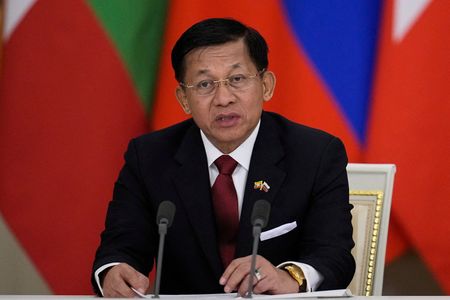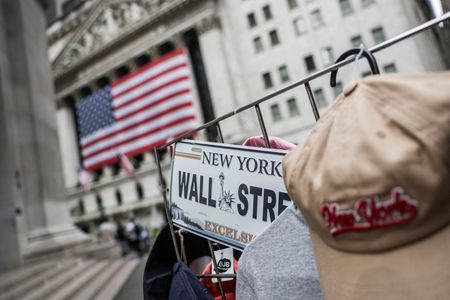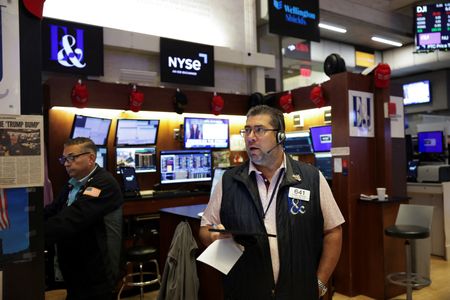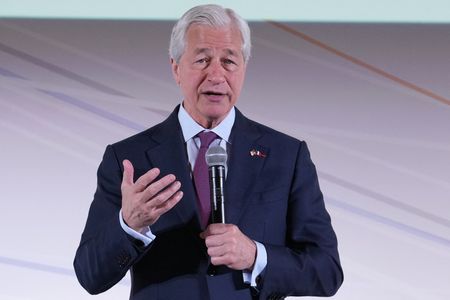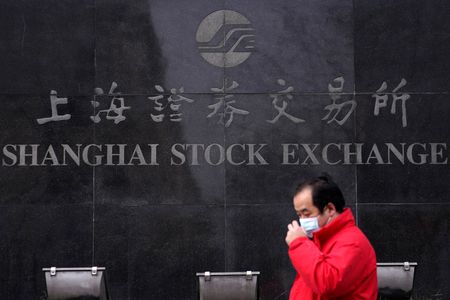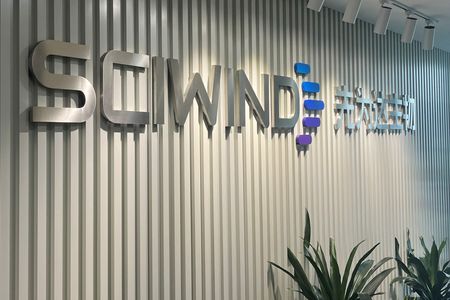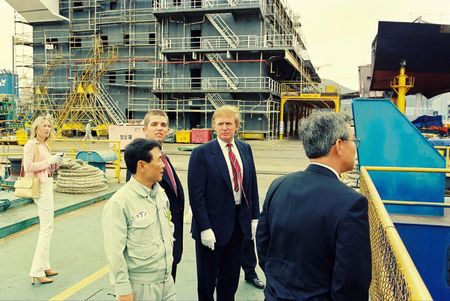By David Brunnstrom
WASHINGTON (Reuters) -The United States has lifted sanctions designations on several allies of Myanmar’s ruling generals that had been imposed under the former Biden administration.
The U.S. Treasury Department announcement on Thursday came two weeks after the head of Myanmar’s ruling junta praised President Donald Trump in a letter and called for an easing of sanctions in a letter responding to a tariff warning. Administration officials said there was no link between the letter and the sanctions decision.
A notice from the U.S. Treasury Department said KT Services & Logistics and its founder, Jonathan Myo Kyaw Thaung; the MCM Group and its owner Aung Hlaing Oo; and Suntac Technologies and its owner Sit Taing Aung; and another individual, Tin Latt Min, were being removed from the U.S. sanctions list.
The Treasury Department declined to say why the individuals had been removed from the list.
In a statement to Reuters, Deputy Treasury Secretary Michael Faulkender said: “Individuals, including in this case, are regularly added and removed from the Specially Designated Nationals and Blocked Persons List (SDN List) in the ordinary course of business.”
LETTER ON TARIFFS
Early this month, as part of a slate of import tariffs ordered by Trump, Myanmar was notified of a 40% tariff to take effect on August 1.
On July 11, Myanmar’s ruling military general, Min Aung Hlaing, responded by proposing a reduced rate of 10% to 20%, with Myanmar slashing its levy on U.S. imports to a range of zero to 10%. He said he was ready to send a negotiating team to Washington if needed.
“The senior general acknowledged the president’s strong leadership in guiding his country towards national prosperity with the spirit of a true patriot,” Myanmar state media said at the time.
Min Aung Hlaing also asked Trump “to reconsider easing and lifting the economic sanctions imposed on Myanmar, as they hinder the shared interests and prosperity of both countries and their peoples.”
A senior Trump administration official said the decision to lift sanctions was unrelated to the general’s letter.
“The decision to lift sanctions reflects a lengthy process that began in the prior administration,” said the official, speaking on condition of anonymity. “There is no connection between these decisions and the letter.”
White House spokeswoman Anna Kelly said that sanctions delistings “were collected over the last year in accordance with standard Treasury course of business.”
John Sifton, Asia advocacy director of Human Rights Watch, called the sanctions move “extremely worrying.”
“The action suggests a major shift is underway in U.S. policy, which had centered on punitive action against Myanmar’s military regime,” he said in emailed comments. Myanmar’s military overthrew a democratically elected government in 2021 and has been implicated in crimes against humanity and genocide.
Kelly rejected the Human Rights Watch comments as “fake news,” and a second senior Trump administration official said the sanctions decisions were not indicative of a broader shift in U.S. policy toward Myanmar.
ADDED TO SANCTIONS LIST IN 2022
KT Services & Logistics and Jonathan Myo Kyaw Thaung were added to the sanctions list in January 2022 under the administration of U.S. President Joe Biden in a step timed to mark the first anniversary of the military seizure of power in Myanmar that plunged the country into chaos.
Sit Taing Aung and Aung Hlaing Oo were placed on the sanctions list the same year for operating in Myanmar’s defence sector. Tin Latt Min, identified as another close associate of the military rulers, was placed on the list in 2024 to mark the third anniversary of the coup.
Representative Ami Bera, the top Democrat on the House Foreign Affairs Asia subcommittee, in a statement to Reuters called the decision to lift sanctions against the individuals “a bad idea” that “goes against our values of freedom and democracy.”
Other U.S. sanctions on Myanmar generals, including on Min Aung Hlaing, remain in place.
Myanmar is one of the world’s main sources of sought-after rare earth minerals used in high-tech defense and consumer applications. Securing supplies of the minerals is a major focus for the Trump administration in its strategic competition with China, which is responsible for 90% of rare earth processing capacity.
Most of Myanmar’s rare earth mines are in areas controlled by the Kachin Independence Army (KIA), an ethnic group fighting the junta, and are processed in China.
(Reporting by David Brunnstrom; Additional reporting by Daphne Psaledakis, Trevor Hunnicutt and Patricia Zengerle; Editing by Leslie Adler and Rosalba O’Brien)

